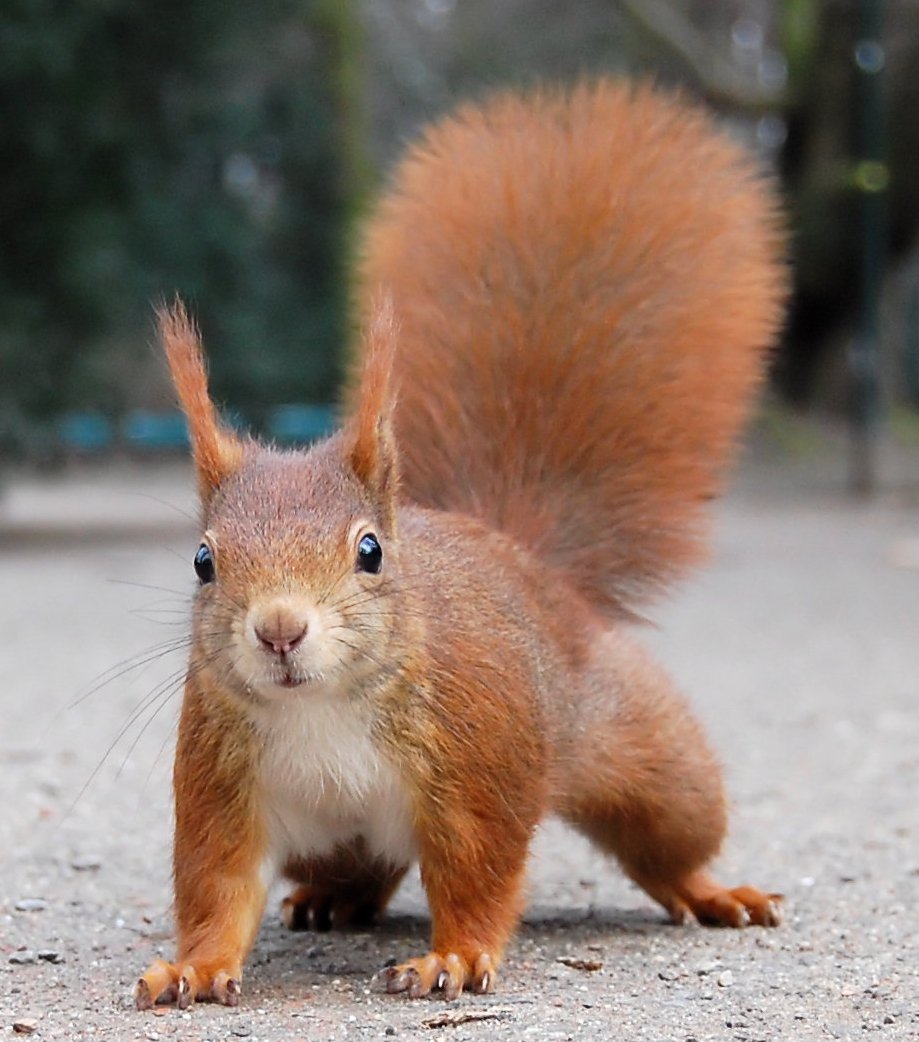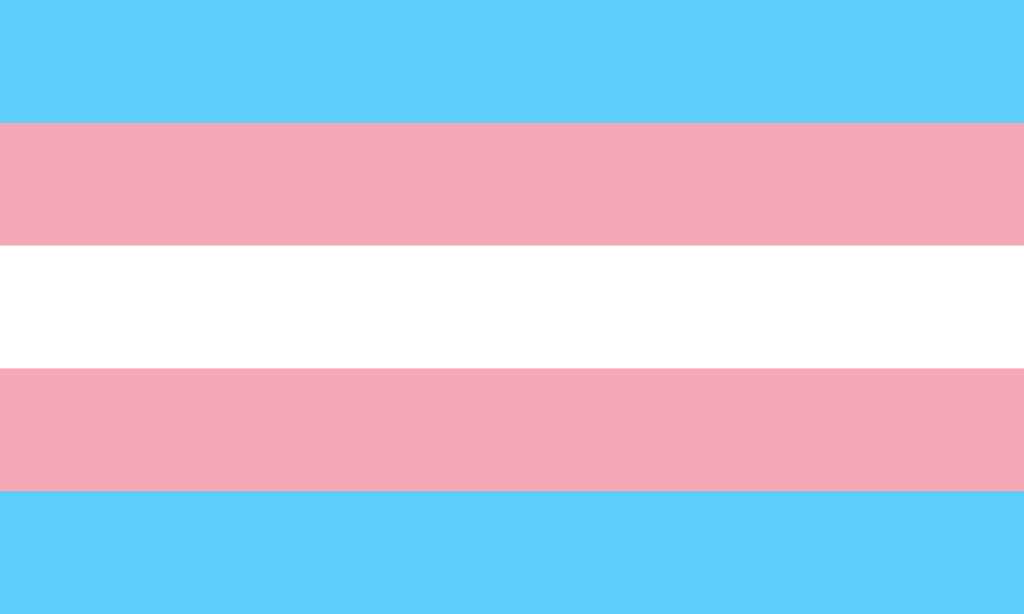Description: A five panel comic. In the first picture the main character leaves and a co-worker says “See ya, dude”. In the second panel, the protagonist is in a supermarket and the cashier says “Hey man.” In the third panel, the protagonist is on a train and someone on the phone says “Hello, sir.” In the fourth panel, the protagonist enters an apartment and says “I’ home.” and is welcomed by a woman who rushes towards her and says “THERE she is!” The two of them hug in the fifth panel, while the woman says “How’s my beautiful girlfriend doing??”
Art by Homunculus101


I think one argument would be that if you use “only” beforehand then the next linguistic object must (or at least should) be descriptive, meaning that if you only say “guys” then you’re kind of infusing meaning into it, which defaults back to how the word has been used historically. If someone said “I only date cool guys” then I think it’s more ambiguous.
That being said, I also think there is still quite a strong gendered connotation to guy/dude and the gender-neutral definition is pretty modern. The good thing is that language is defined by its usage, so if we decide to use it as a gender-neutral term then eventually that is what it will become.
Yeah, and while the example does have merit, language often evolves. I could say “he seems quite gay” and the meaning is going to slant more towards orientation than mood per the last several decades.
“Hey you guys” has actually become pretty gender-unspecific in use over time. My daughters call everyone “you guys” , and I pretty much use the same term with them. It’s not to indicate they’re masculine, but has become a catch-all for “all of you” in modern language.